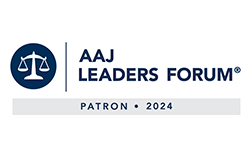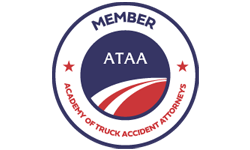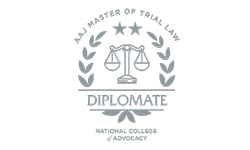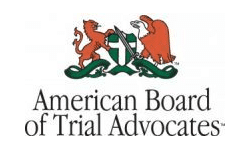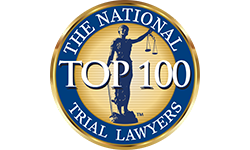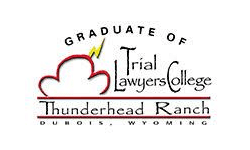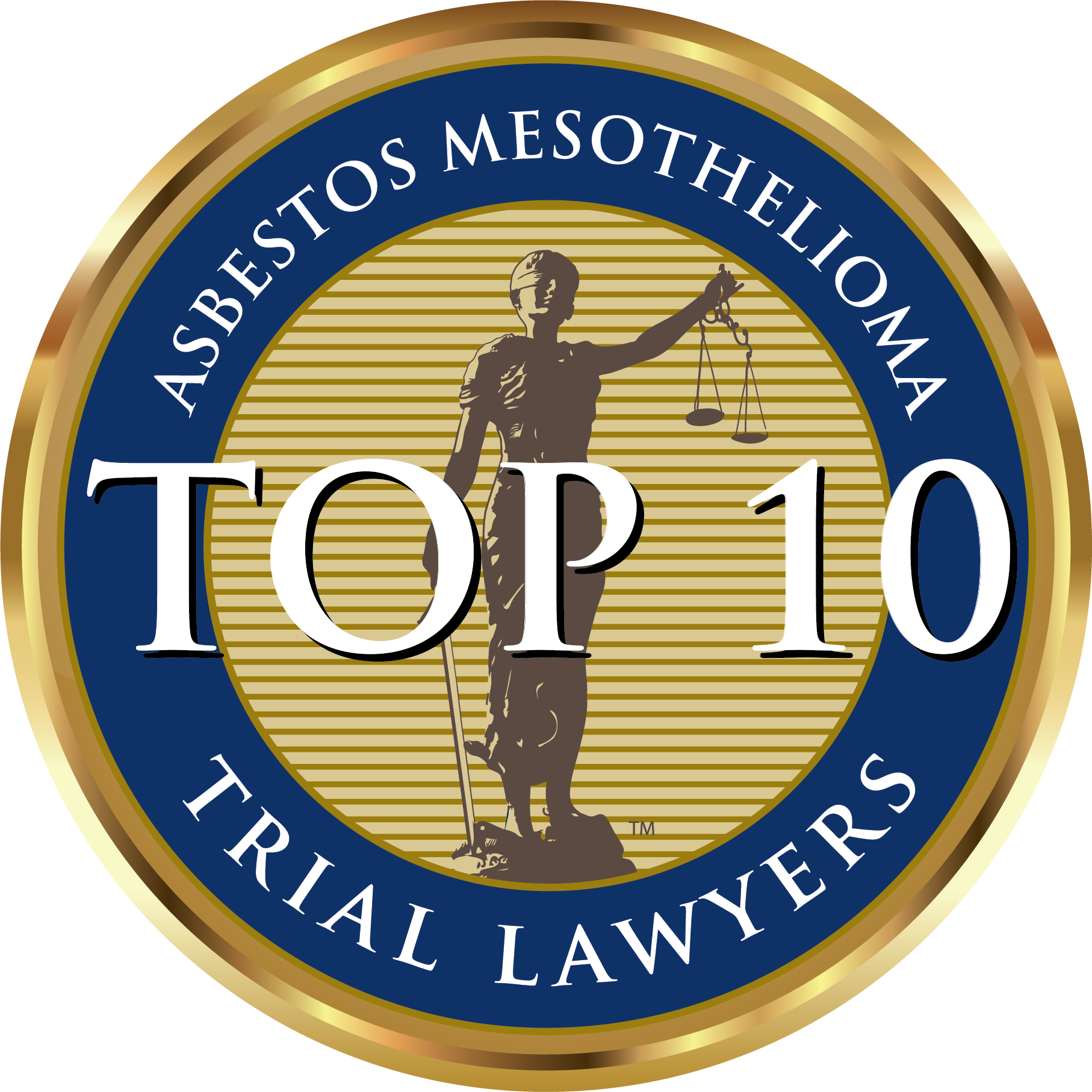Unfortunately, veterans have been targeted by scams. Some of these fraudulent activities have led to our nation’s veterans losing $292 million in 2022, per data from the U.S. Department of Veterans Affairs (VA). Their new initiative is designed to protect veterans and their families from scams and help them take control of their financial safety. Let’s look at how to protect yourself against scams targeting veterans.
Fraudulent Activities Against Veterans
Fraudsters are known to target those older Americans, but one group that is becoming increasingly targeted is veterans. Some of the most common scams include:
- Impostor or love scams: As people get older, they might turn to the internet to find love. These criminals will impersonate romantic interests or authority figures. Many times, they will trick a person into sending money or personal information.
- Fake job opportunities: After active duty, some veterans want to continue to work. These job ads require upfront payments or personal data for “background checks.” These offers often disappear as soon as money or information is handed over.
- Phishing scams: Emails and messages may appear from official organizations but are designed to capture sensitive information. You will always want to double-check any link or request from an unfamiliar source, especially if it looks unusual or urgent.
- Bogus investments: In some cases, veterans are often targeted with fraudulent investment opportunities promising high returns. These schemes typically ask for immediate investment, and the scammers vanish once money is sent.
How the VA Is Fighting Fraud
Due to the increase in these activities, the VA recently launched VSAFE.gov, along with a hotline at 833-38V-SAFE. This nationwide effort hopes to combat fraud targeted at veterans, service members, and their families.
Along with reporting these scams, the VA also hopes to help veterans and their family members better recognize whether they have been targeted by these fraudsters. Once the veteran believes they may have been scammed, there is a quick way to report these activities. Not only does that help protect your interests, but it can prevent others from losing money to these criminals.
Steps for Veterans to Protect Themselves
Fortunately, there are a few steps to take to safeguard yourself. Some of these include:
- Know the red flags: When dealing with a scammer, they will have a sense of urgency. Many times, they want you to send a payment or take immediate action. If they pressure you or it sounds too good to be true, then it could be a scam. You will want to always proceed with caution.
- Always verify sources: When you get an email or phone call, make sure it comes from an official source. Sometimes, emails will look like they have come through the VA, but the scammers have spoofed the appearance of the correspondence. Keep in mind that the VA and other agencies will never ask for personal or financial data through unsolicited calls or emails.
- Use the VA Fraud Protection Kit: With the kit, you can know about the latest scam tactics, how to avoid them, and securing personal information. There is even a special section catering to veterans.
- Report suspected scams: If you believe a fraudster has contacted you, use VSAFE’s hotline (833-38V-SAFE) to report any suspicious activity.
Legal Help for Those Who Served Our Nation
All veterans need to be treated with respect. Scam artists prey on these individuals. We will not let that happen. With these resources and tips, you can make sure you secure your and your family’s financial future.
However, scams are not the only issues affecting our nation’s veterans. Whether exposed to toxic substances at Camp Lejeune or another location while on active duty, we can assist.
At Frost Law Firm, we handle claims involving mesothelioma, mass torts, and exposure incidents.
If you’re a veteran affected by these issues, you have options. Reach out for a confidential consultation.










